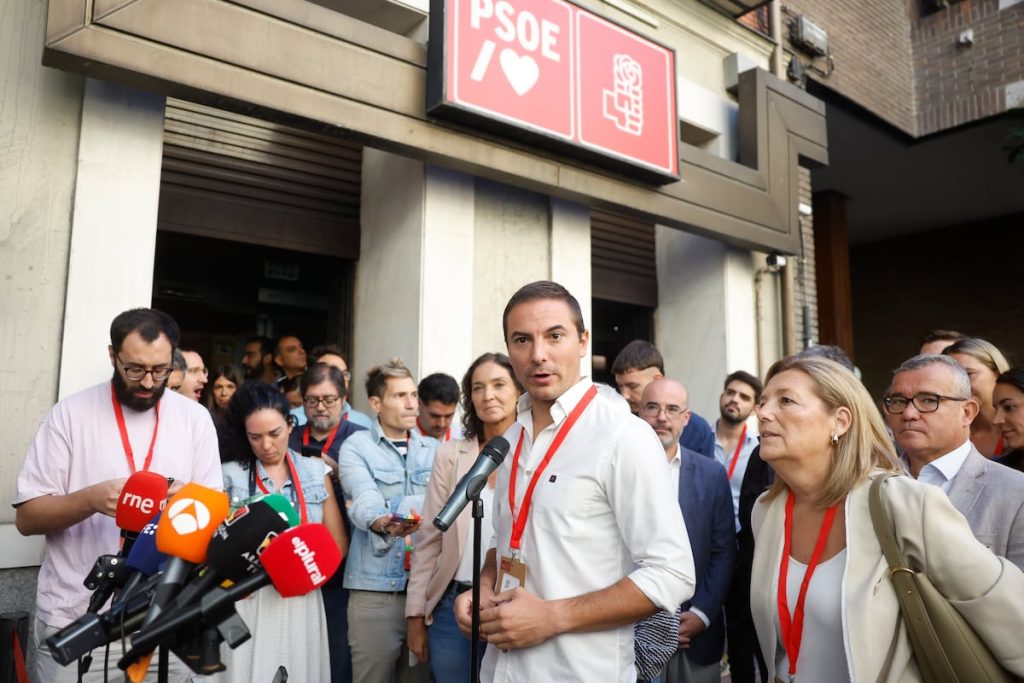The leadership of the PSOE wants the party to remain calm until the 41st Federal Congress, where Pedro Sánchez will be reelected as party leader by acclamation. They want to ensure that the focus remains on the upcoming congress in Sevilla from November 29th to December 1st. However, there are rumblings of discontent in some territories, which will hold their regional congresses after the federal congress. It is expected that there will be challengers in Madrid and Aragón, while the situation in Andalucía remains uncertain. In Andalucía, there is internal dissent towards Juan Espadas, but at the moment, there are no signs that Pedro Sánchez intends to promote his replacement. The possibility of Vice President María Jesús Montero as a replacement is now considered unlikely.
The situation differs in each federation. In Extremadura, there is criticism towards the current general secretary, Miguel Ángel Gallardo, who succeeded Guillermo Fernández Vara in March. There are also talks of a possible alternative to Luis Tudanca, the general secretary of Castilla y León since 2014. However, Tudanca is expected to be reelected with overwhelming support. The most anticipated battle within the PSOE is in Madrid, where Juan Lobato, the general secretary since November 2021, is expected to face an opposing candidate. Lobato won with 61% of the vote in the previous election, but there is speculation of a challenge from other candidates such as Javier Ayala and Fran Martín.
In Aragón, there is tension as the minister Pilar Alegría is seen as a potential replacement for Javier Lambán, the current leader of the federation. Lambán, who has been in power for 12 years, faces internal opposition, especially after breaking party discipline in a recent vote. The dissatisfaction towards Lambán is growing, with more voices of dissent emerging within the party. In Andalucía, Juan Espadas appears to have the support of the provincial leaders, with no clear alternative emerging. The general sentiment within the PSOE is that Sánchez is not inclined to replace Espadas, who is expected to run for re-election.
The Congress in Sevilla has raised concerns among the party members regarding the scheduling of regional congresses. Some federations are cautious about holding their congresses in December due to the holiday season. The intention is to stagger the regional congresses in January and February to maximize media coverage and avoid clashes between multiple congresses on the same weekend. The aim is to portray the PSOE as a party that is not afraid of ideological debates, unlike the PP, which has not held a political or statutory debate since 2017. There is also speculation that Ferraz’s request for early confirmation of congress dates is an attempt to control the timeline and potentially influence outcomes in federations where there may be dissent towards Sánchez. The decision for provincial congresses to be completed by March 23rd is uncontested.














